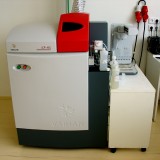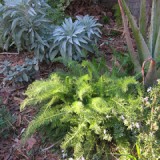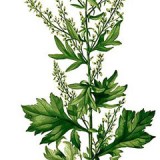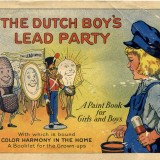
Those of you who have followed our blog over the years know that our yard is contaminated with lead. This is, most likely, due to some combination of lead paint residue and car exhaust. For years we’ve grown vegetables in raised beds because of this issue.
But if the results of a University of Washington study on lead and urban agriculture are to be believed, we might not need to be as concerned. The researchers note that most vegetables don’t take up lead and that improving soil with compost greatly reduces the bioavailability of lead.
You can read a summary of the results of this research paper here.
Thanks to Joanne Poyourow of Environmental Change Makers for tipping me off to this research.






I’m very curious how compost makes lead insoluble.
I’m still reviewing the study and hope to do another post about it. The study says that compost creates healthier plants with more biomass. The lead that a plant uptakes then becomes less of a percentage of the total biomass than it would be in a stressed plant. Lead is also not taken up by many plants anyways.
Compost doesn’t make lead insoluble, it floods the soil with the nutrients plants want/need. Since plants don’t need lead, and they are selective about what they take up, they manage to avoid the lead.